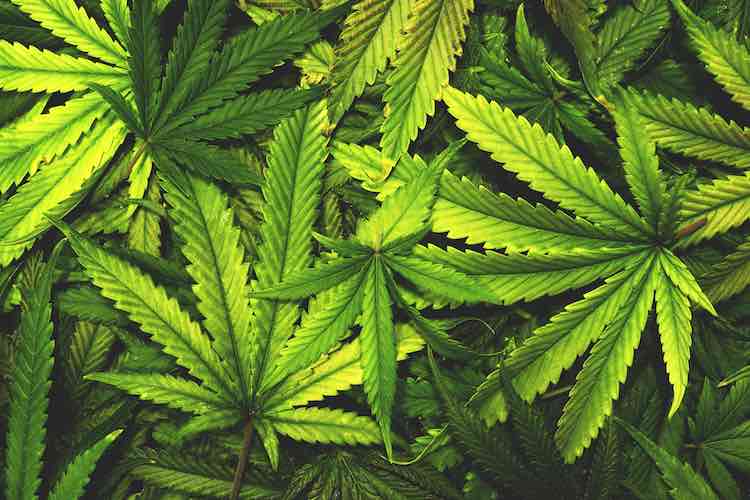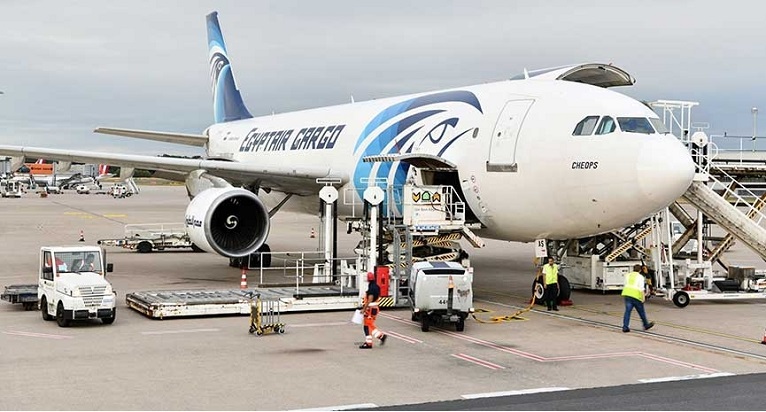Members of the Ghana National Assembly have passed the Narcotics Control Commission Bill, 2019, that now allows for the use of marijuana for medical and industrial purposes only.
With the law, therefore, the Minister for Interior will be tasked with granting licenses for the planting of cannabis of not more than 0.3% THC, the main psychoactive compound in cannabis that gives the high sensation.
Furthermore, Ghana’s Narcotics Control Board (NACOB) will then oversee the industrial use of narcotic substance.
Before this law was passed, Ghana’s Narcotic Drugs (Control, Enforcement and Sanction) Act, 1990, PNDC Law 236, criminalised narcotic drugs such as cannabis and states that anyone found in possession or importing a narcotic substance “shall on conviction be liable to imprisonment for a term of not less than 10 years.”
The manufacture, produce or distribution of such narcotics also faced similar sanctions.
The World Health Organization (WHO) estimates that around 147 million people, or 2.5 percent of the world population, consume cannabis.
This development comes as the country tries to boost its revenues, seeing that cannabis can be used to make hemp fibers, which can, in turn, be used to make clothes, bio-fuel, and paper.
The Ghana Web reports that already, the Hemp Association of Ghana (HAG) has signed a deal with an operator in Portugal with prospects of bringing in $56 million within a period of five years.
Using cannabis for recreational purposes remains illegal in the country.
Other African countries that have relaxed laws on marijuana include Malawi, Zambia, Morocco, Lesotho, Zimbabwe, and South Africa.
The economic potential of the medicinal and industrial cannabis industry has been one of the main reasons for the change in legislation in these countries.
In line with this, a Neuroscientist Drug Researcher at the University of Columbia, Professor Carl Hart, urged Ghana to consider legalising and regulating the drug so it could enjoy its enormous benefits.





